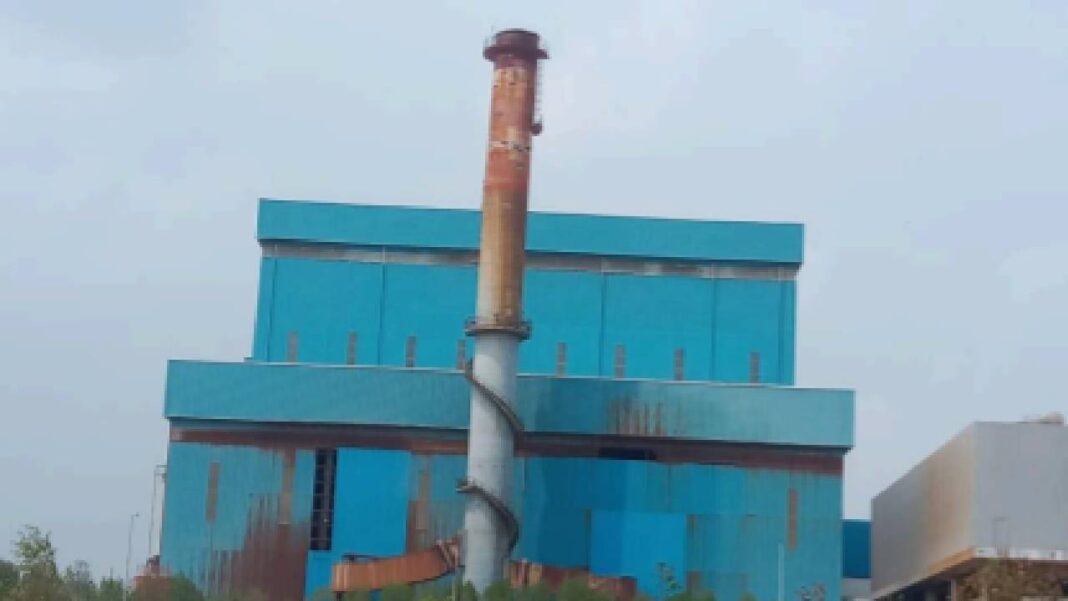Deepika Pasham
deepikapasham2015@gmail.com
Hyderabad
A comprehensive fact-finding report has sounded alarm bells over severe health and environmental issues linked to the Jawahar Nagar Waste to Energy (WTE) plant. The report, compiled by a joint team of civil society organisations and health experts, reveals significant health impacts on local residents, with data pointing to an increase in respiratory illnesses, contaminated water sources and declining quality of life in surrounding villages.
A Waste-to-Energy (WTE) plant is a facility that incinerates municipal solid waste to generate electricity in Jawahar Nagar. It has a capacity of 24 MW and another plant with the same capacity is currently under construction.
The investigation was carried out by a coalition including Human Rights Forum (HRF), Environment Support Group (ESG), National Alliance of People’s Movements (NAPM) and Doctors for Environment with inputs from Hyderabad Urban Lab and Thanal, an environmental research group. These organisations conducted field visits, medical camps and reviewed testimonies from affected villagers and scientific data.
Residents from villages like Dammaiguda, Keesara and Kowkoor reported increased cases of asthma, skin rashes and chronic cough. Children and elderly were found to be the most affected.
Doctors who participated in free health camps noted a high prevalence of respiratory and gastrointestinal disorders. “Symptoms clearly indicate prolonged exposure to air and water pollution,” stated one doctor from Doctors for Environment.
Tests conducted on borewell and tank water samples revealed high levels of contamination, making the water unsafe for drinking or agricultural use.
“We were promised development and clean energy. Instead, our children are sick and our crops have failed,” said Lakshmi, a resident of Kandlakoya village. Multiple villagers echoed similar concerns, expressing frustration over the lack of transparency and accountability.
The coalition demands an immediate suspension of operations at the WTE plant until a thorough independent health and environmental audit is conducted. It also recommends compensation for affected families and long-term healthcare monitoring.
The report has been submitted to the Telangana State Pollution Control Board, National Green Tribunal and the Ministry of Environment, Forest and Climate Change for urgent action.
The incineration process produces fine ash, which settles inside homes, covering furniture, electronics and household items such as sofas, dining tables, refrigerators and washing machines. This has not only caused damage to property but has also contributed to respiratory problems and skin irritation among community members. The report elaborates that many suffer from persistent throat and mouth infections, making it difficult to even speak properly. The ash and toxic pollutants released from burning waste at high temperatures are a significant cause of this. This has also led to a rise in pulmonary diseases and other chronic conditions.




